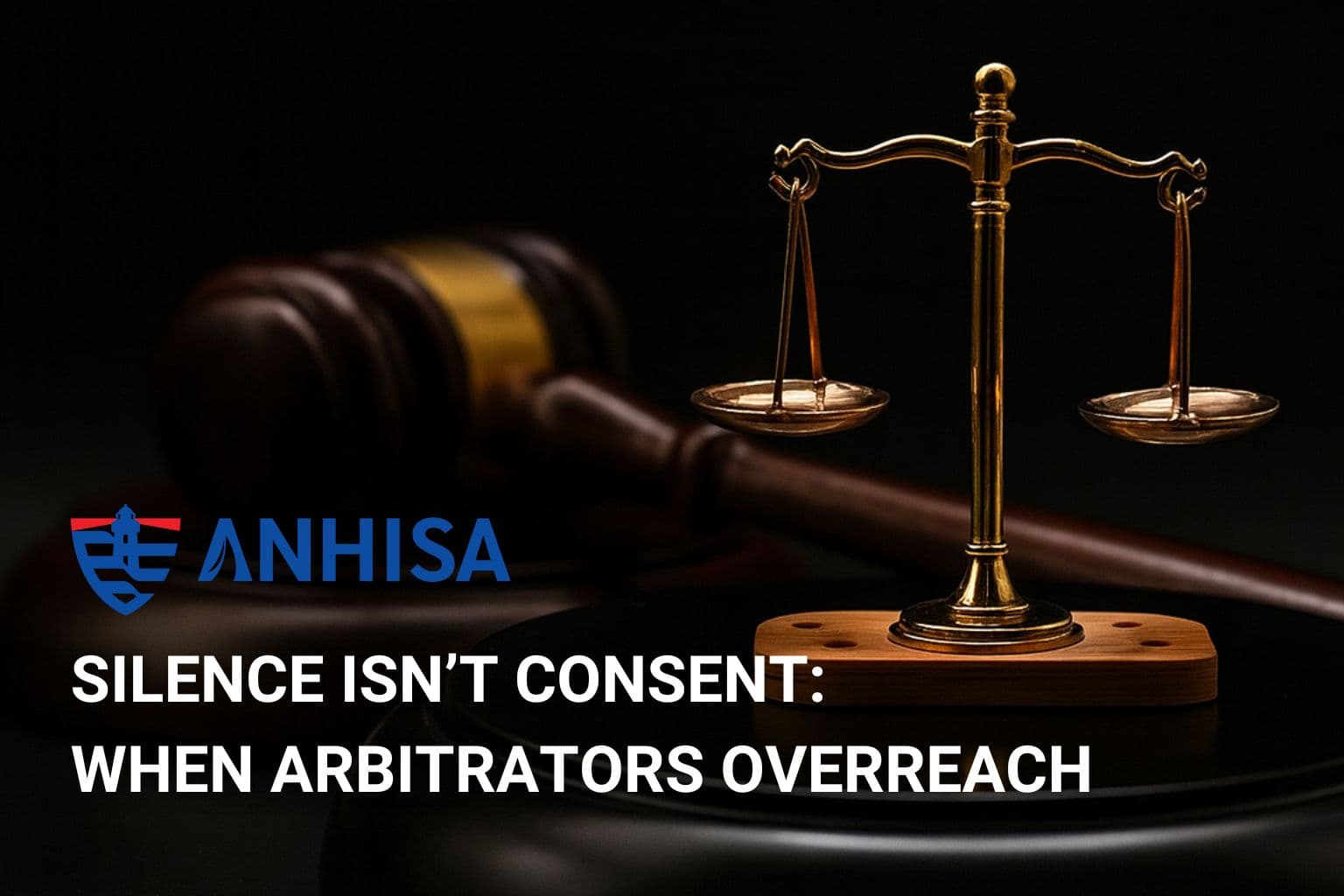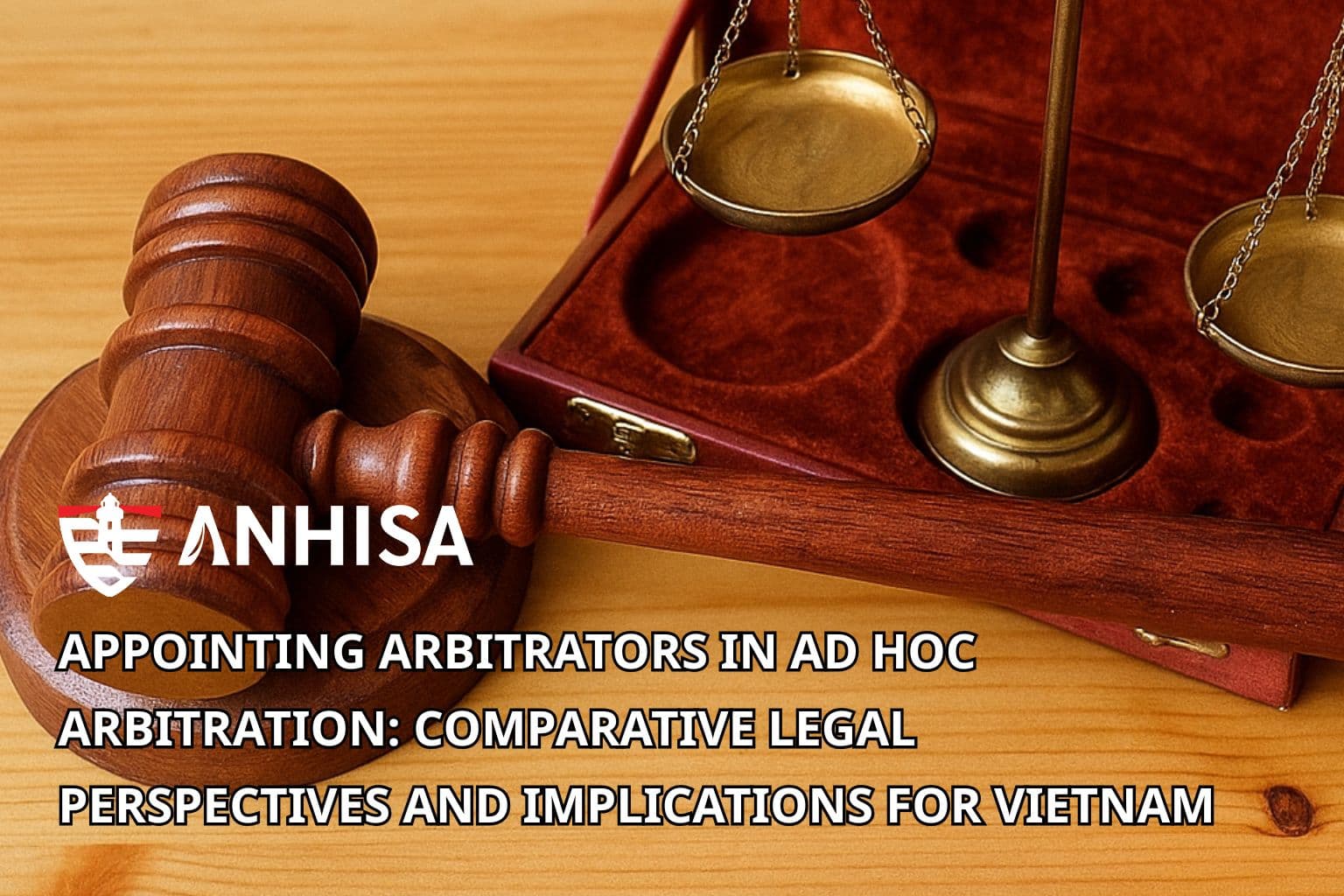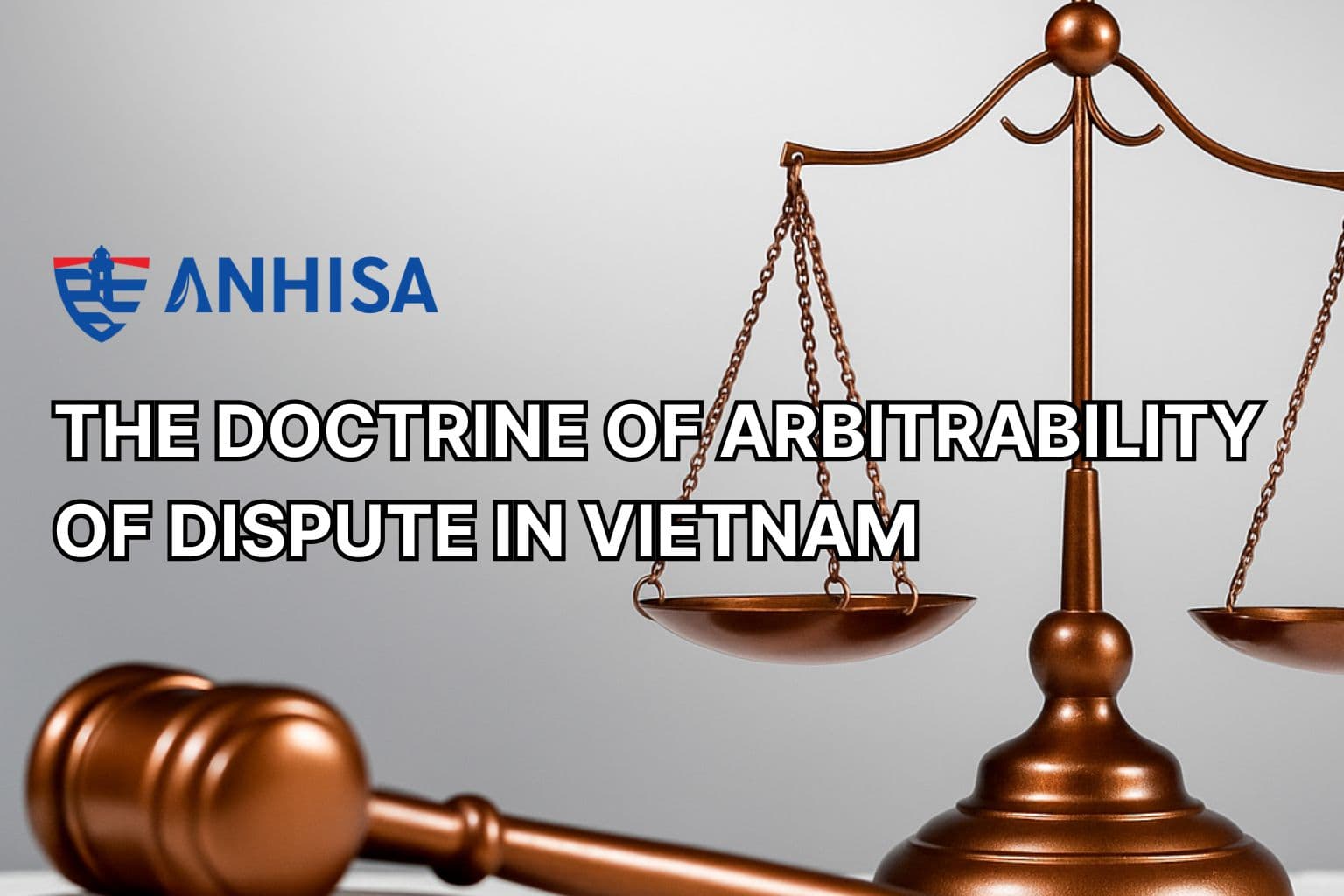[A SERIES OF ARBITRATION NOTES] Episode 1 | Overlap of Arbitral tribunal jurisdiction: Navigating complex disputes in International Arbitration
December 20, 2024
Foreword
In recent years, with the rapid pace of international integration, the number of commercial disputes has increased significantly. While traditional court systems remain a key avenue for dispute resolution, parties involved in international commerce are increasingly turning to Alternative Dispute Resolution (“ADR”) mechanisms, especially international commercial arbitration. This shift is largely due to arbitration’s flexibility and experience in resolving cross-border commercial conflicts.
However, the complexity of modern commercial transactions has led to diverse grounds for initiating legal action, which can result in overlapping jurisdictions between courts and arbitration, and sometimes even between multiple arbitration institutions. Such complexities present unique challenges in navigating overlapping authorities and managing multi-jurisdictional proceedings.
Our firm has extensive experience handling these intricate situations. Five years ago, we managed a complex series of disputes stemming from a service agreement and a cooperation agreement, leading to simultaneous disputes in the Vietnamese Courts, the Singapore International Arbitration Centre (“SIAC”), and the Hong Kong International Arbitration Centre (“HKIAC”).
The reality witnessed in a case is in 2017, a Singaporean company and a Vietnamese company signed a service contract with an SIAC arbitration clause. By 2023, the former owed USD 1,000,000 to the latter. To settle the debt, the Singaporean company proposed a cooperation agreement, offering to offset the debt through investments in the Vietnamese company’s infrastructure but disputes over its execution led the Vietnamese company A to file a lawsuit in Vietnam in early 2024 based on debt acknowledgment documents, namely a Debt Confirmation.

Jurisdiction overlaps between Court and Arbitration
The Kompetenz-Kompetenz principle in arbitration gives an arbitral tribunal the authority to determine its own jurisdiction, including whether an arbitration agreement is valid. It operates under two aspects: “positive Kompetenz-Kompetenz” which empowers the tribunal to rule on its jurisdiction initially, and “negative Kompetenz-Kompetenz” which restricts courts from intervening until the tribunal has made a preliminary jurisdictional decision.
In Vietnam, the law requires courts to reject jurisdiction if an arbitration agreement exists, unless it is invalid or unenforceable. However, the presence of a valid arbitration agreement does not always prevent court jurisdiction, as seen in the current case where the Vietnamese court proceeded despite an arbitration clause in the Service Agreement. In the aforesaid case, the parties debated jurisdiction, with the Singaporean company arguing that the claim was based on a Debt Confirmation, not the Service Agreement, and should be treated as a civil debt matter. The court accepted this and proceeded, as the Debt Confirmation lacked a specified dispute resolution forum. Meanwhile, the Vietnamese parties argued the Debt Confirmation was linked to the Service Agreement, which had an SIAC arbitration clause.
From the above, despite the Kompetenz-Kompetenz principle granting tribunals authority over jurisdiction, the Vietnamese court proceeded with the case due to the lack of a specified dispute resolution forum in the Debt Confirmation. This highlights the importance of clearly defining dispute resolution mechanisms in contracts. Ultimately, the Singaporean company withdrew its lawsuit, leading to arbitration at SIAC to resolve the outstanding debt, demonstrating the challenges of managing conflicting jurisdictions.

Confidentiality in Arbitration
In addition to the principal of Kompetenz-Kompetenz, parties in arbitration must adhere to the rule of confidentiality. The confidentiality rule in arbitration is a fundamental principle that ensures that proceedings and related information are kept private. Confidentiality in arbitration covers various aspects, including documents, evidence presented, the content of hearings, and even the final award. While confidentiality is a distinct advantage of arbitration over traditional dispute resolution mechanisms, it can also present significant challenges in certain contexts.
In this case, upon the Singaporean company initiating proceedings at SIAC, the Vietnamese company challenged the tribunal’s jurisdiction and needed to provide documents without breaching confidentiality. Disclosure could occur under specific conditions, such as consent, court order, or for the protection of legitimate interests.
Conclusion and recommendation
Commercial parties should clearly agree on the dispute resolution forum in contracts. Debt confirmation documents should specify the forum or reference the main contract to avoid disputes being classified as civil cases, as seen in the example above.
ANHISA LLC AND OUR EXPERTISE
ANHISA LLC is a boutique law firm specializing in Dispute Resolution, Shipping and Aviation. Being the leading lawyers in various fields of law, our qualified, experienced, and supportive team of lawyers know how to best proceed with a case against or in relation to Vietnamese parties and are well equipped to provide clients with cost-effective and innovative solutions to their problems. Regarding dispute resolution, we have represented Vietnamese and foreign clients in the resolution of disputes involving maritime, construction, commercial and civil matters. Our lawyers are well-equipped to offer services on a wide range of disputes and conflicts, whether cross-border or purely domestic, to appear before any Judges or Arbitral Tribunals. The firm is prepared to assist clients in designing the appropriate dispute resolution procedure to help resolve conflicts as efficiently and cost effectively as possible, which may involve combining elements of mediation and other methods such as arbitration.
AUTHORS
DANG VIET ANH
Managing Partner
Mobile: (+84) 983 467070
Email: [email protected]
NGUYEN THI TUYET MAI
Senior Associate
Mobile: (+84) 939 117398
Email: [email protected]
TRAN THI BAO TRAM
Associate
Mobile: (+84) 332 245449
Email: [email protected]
This article aims to furnish our clients and contacts with general information on the relevant topic for reference purposes only, without creating any duty of care on the part of ANHISA. The information presented herein is not intended to serve, nor should it be considered, as a substitute for legal or other professional advice.
Related posts

SILENCE ISN’T CONSENT: WHEN ARBITRATORS OVERREACH
November 27, 2025

APPOINTING ARBITRATORS IN AD HOC ARBITRATION: COMPARATIVE LEGAL PERSPECTIVES AND IMPLICATIONS FOR VIETNAM
October 08, 2025

PARTIES TO AN ARBITRATION AGREEMENT
October 01, 2025

THE DOCTRINE OF ARBITRABILITY OF DISPUTE IN VIETNAM
September 24, 2025
- TEL:
- Hanoi Office: +84 24 320 47609
- Saigon Office: +84 28 5416 5873
- HOTLINE:
- +84 (0) 939 117 398
- +84 (0) 983 488 380

